When people first saw the question How long ago was 1919 Google AI appear in search results they expected a quick factual answer. What they got instead was a strange one. The AI overview confidently said that 1919 was about twenty years ago. For a second it felt like time itself had bent. The year 1919 is more than a hundred years in the past yet Google AI treated it like it happened around the early 2000s. The error spread fast and turned into a viral example of how artificial intelligence can sound smart but still think wrong.

What Happened With the 1919 Google AI Answer
When users asked Google AI the question How long ago was 1919 Google AI the system tried to use its reasoning model to calculate the number of years since 1919. But instead of doing the math it seems to have confused the structure of the sentence with the context of modern time phrases. The AI likely read 1919 as a pattern of numbers connected to recent data it trained on rather than an actual historical year. That is why it replied as if 1919 was around twenty years ago.
This mistake became a small internet moment. Screenshots of the result were shared widely on social media. Many people laughed at it but others saw it as an important reminder. It showed that even the most advanced AI systems do not understand time in the way humans do.
Why AI Gets Dates and Time Wrong
AI models like the one behind Google AI overview are trained on text from the web. They learn patterns in language but they do not have a built-in concept of real time. When someone asks How long ago was 1919 Google AI the system does not look at a calendar or know that the current year is 2025. It simply tries to find a phrase that matches how similar questions are usually answered online. If most texts say things like twenty years ago or decades ago the AI might guess that answer without actually calculating.
This happens because AI understands relationships between words but not between moments in history. It knows that 1919 often appears near World War I or the 1920s but it does not comprehend that 1919 is 106 years before 2025. The logic that connects language and time is missing.
The Bigger Problem Behind the Funny Mistake
The phrase How long ago was 1919 Google AI may look like a harmless meme but it exposes a deeper issue. It shows that AI can create answers that sound confident but are factually wrong. This is what experts call an AI hallucination. It happens when a model produces information that seems correct but is not based on real facts.
In everyday use this kind of error can be dangerous. Imagine if AI gives wrong dates for medical studies or financial data. A small number difference could completely change how someone understands a topic. The 1919 example is funny but it reminds us that AI must always be checked by human reasoning.
How Google AI Overviews Work
Google AI overview is the feature that appears above regular search results with a short summary. It tries to answer questions directly using information from multiple web pages. But the system relies on probabilities not on certainty. When it builds an answer it picks sentences that are likely to be relevant and merges them into one paragraph. If the training data contains unclear or conflicting information the final output may be wrong.
This is what happened when users searched for How long ago was 1919 Google AI. The overview pulled language from different sites that used expressions like decades ago and about twenty years ago. The AI then merged these into one confident statement even though it was logically false.
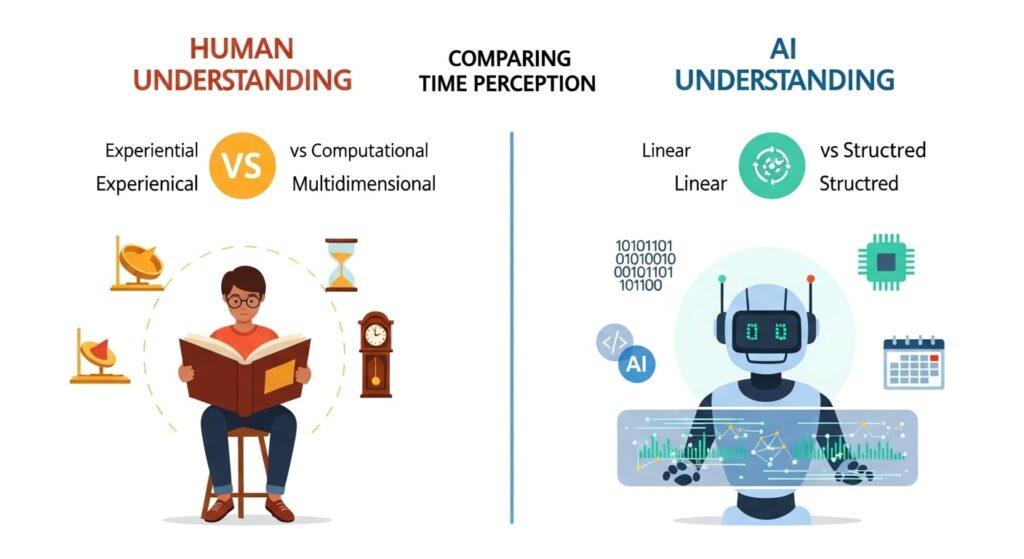
Human vs AI Understanding of Time
Humans measure time through lived experience. We know what a century feels like because we have learned history in sequence. AI does not experience anything. It predicts patterns in text. So when someone asks How long ago was 1919 Google AI the system cannot picture how long that is. It only predicts what words should follow that phrase.
This difference highlights one of the main limits of artificial intelligence. It can process information faster than any person but it cannot reason beyond its data. AI cannot imagine or sense distance in time. It only speaks in patterns that look right to humans.
How This Moment Changed People’s View of AI
The viral spread of the How long ago was 1919 Google AI answer made many users question how much they can trust automated summaries. It also pushed Google to clarify that AI overviews are still in testing and may display errors. People began comparing AI summaries with manual searches and noticed small differences in accuracy.
Writers on platforms like Medium discussed how such mistakes are not just technical flaws but reflections of how we treat AI as a source of truth. One writer compared it to asking a parrot what time it is. The bird might repeat words that sound like an answer but it has no concept of time itself.
Other Examples of AI Getting Facts Wrong
This was not the first time an AI system made a factual mistake. Chatbots and content generators have also been known to produce wrong numbers or historical dates. For example some AI tools have claimed that a person born in 1980 was fifty years old in 2020 which is mathematically incorrect. These mistakes come from the same root cause. AI understands words not the physical world they describe.
An article on Towards Data Science explained that large language models often confuse relative and absolute time because they are trained on data that shifts every year. What is recent in 2019 may not be recent in 2025. Since AI does not track the present year it keeps repeating outdated phrases.
Can AI Learn to Understand Time
Developers are trying to fix this problem by giving AI systems access to real-time data and internal clocks. Some models are now trained with a timestamp reference so they know the current year. This helps them calculate answers correctly when people ask questions like How long ago was 1919 Google AI. However it is still difficult because AI does not have awareness. It needs to learn logic through programming not experience.
Researchers believe that combining symbolic reasoning with language models may improve this. Symbolic reasoning allows AI to do math and logic alongside language prediction. That means the next generation of AI may finally know that 1919 was more than a century ago.
How to Verify AI Information
The best way to handle AI errors is to double-check facts. If AI gives a historical date or number always verify it manually or through reliable websites. When users see mistakes like How long ago was 1919 Google AI they should treat them as signals to stay critical not to lose trust entirely. AI is a tool and like any tool it needs supervision.
For students researchers and marketers this means using AI as an assistant not a teacher. Let it suggest answers but always confirm those answers before publishing or sharing.
What This Says About the Future of Search
The How long ago was 1919 Google AI event also reveals how search engines are changing. Instead of showing ten blue links Google now tries to summarize information for users. This makes search faster but it also increases the risk of spreading wrong facts. If one AI-generated answer goes viral for being incorrect it can affect how people perceive all of AI.
In the future Google may need to display clearer disclaimers and show sources under every AI summary. Users deserve to know where each fact comes from.
How People Reacted Online
On Reddit and X people joked about how the AI must be living in another timeline. Some made memes showing the AI stuck in 1939 or 2003. But among the humor there were serious comments too. Some users explained that AI models are statistical not logical. They predict what looks right rather than what is true. This distinction is important for anyone who uses AI tools for writing or research.
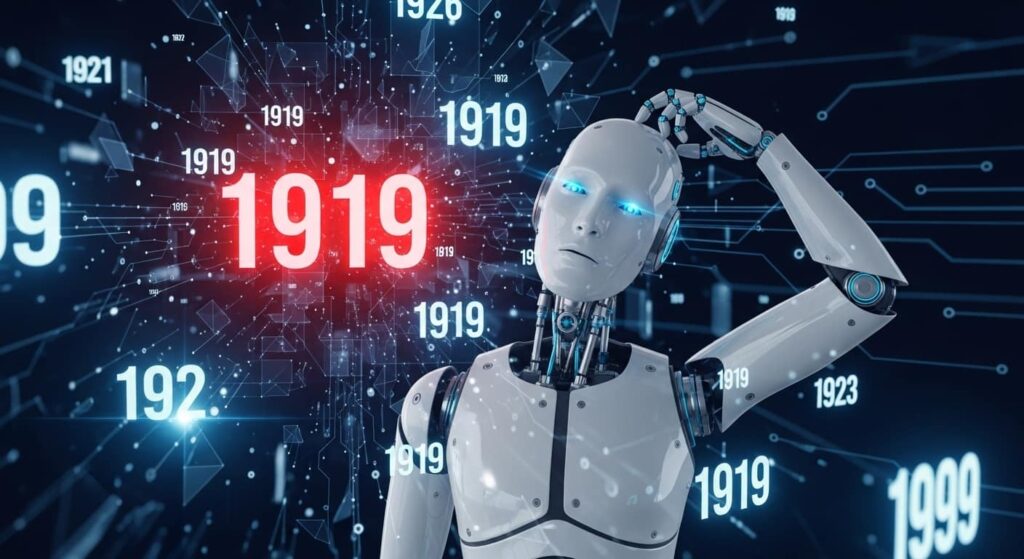
Lessons from the 1919 Google AI Mistake
This small event teaches a big lesson. Artificial intelligence is powerful but not infallible. It can organize information but not understand meaning. When AI says that 1919 was twenty years ago it is not being lazy. It is simply missing the human sense of time. The error shows why human editors and critical thinking are still essential even in the age of automation.
Conclusion
So how long ago was 1919 Google AI really It was 106 years ago in 2025 not twenty. The answer sounds simple yet the mistake behind it opens a deep discussion about how AI understands or fails to understand the world. As AI tools continue to grow smarter users must grow wiser too. The story of 1919 Google AI is funny but also meaningful because it shows that intelligence without understanding is just prediction.
FAQs
What does the 1919 mistake tell us about Google AI?
People still mention it because it became a symbol of how AI can make confident but funny mistakes. The answer about 1919 being twenty years ago showed that even big tech systems can think in strange ways. It reminds everyone that AI should be used carefully and never trusted blindly.
Can AI understand historical context?
Not fully. AI can describe history based on data but it does not link events to meaning or emotion.
Will AI errors disappear in the future?
They will reduce as systems improve but some level of error will always exist. AI is still pattern-based not conscious.
How can users avoid believing wrong AI answers?
By double-checking facts and using AI as a helper not as a final authority.
Did Google ever explain why its AI gave the wrong answer?
Google did not release a full technical explanation but it said that AI overviews are still being improved. The mistake likely came from language prediction not real math. Google continues to adjust its AI systems to avoid such confusing results in the future.
Is it possible that AI could make the same kind of mistake again?
Yes it can happen again because AI still depends on training data. If the data includes phrases that sound right but are wrong the AI might repeat them. Future updates will reduce these errors but no AI can be perfect all the time.
How does AI training data affect the way it understands time?
AI training data is collected from the internet over many years. Text that was written long ago might describe things as recent or new. Since AI does not know the actual date of today it can easily repeat those old phrases as if they are current. This makes time-based questions tricky for AI systems.
What can we learn from the 1919 Google AI example as users?
The main lesson is that AI is smart but not wise. It processes text but does not understand meaning. As users we should enjoy the convenience of AI but stay alert to its limits. Always read AI answers with curiosity and double-check facts when needed.
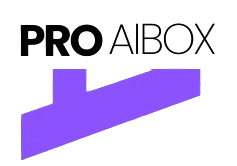

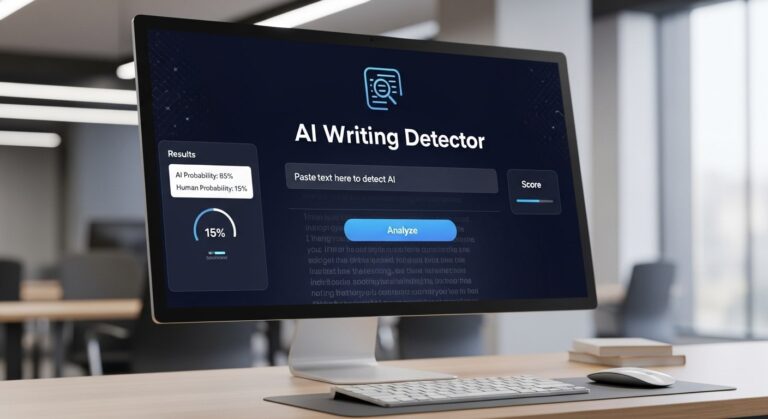
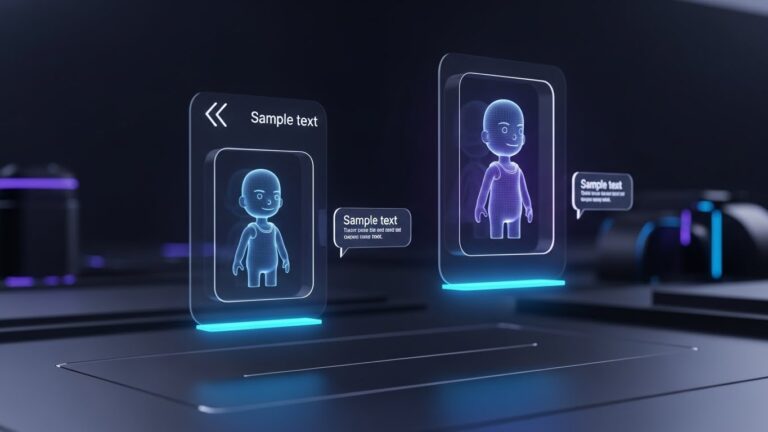
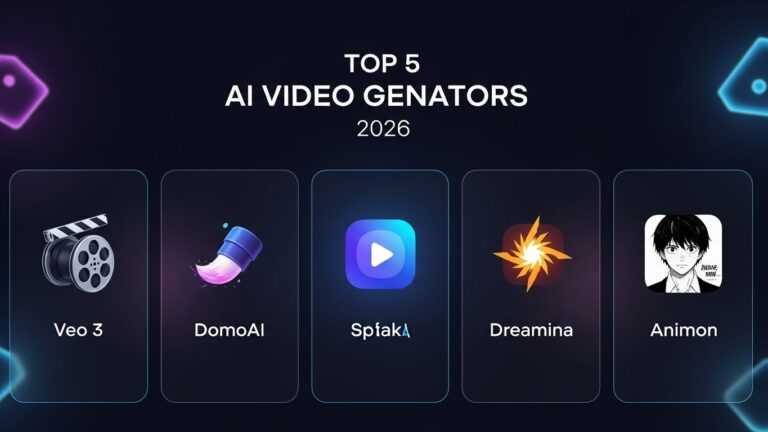

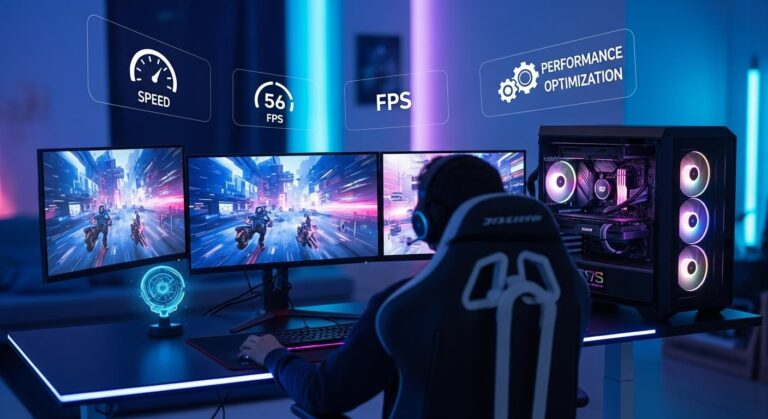
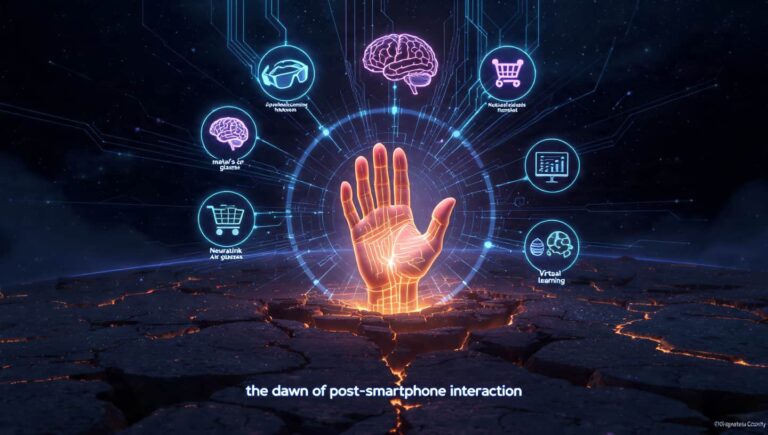
One Comment